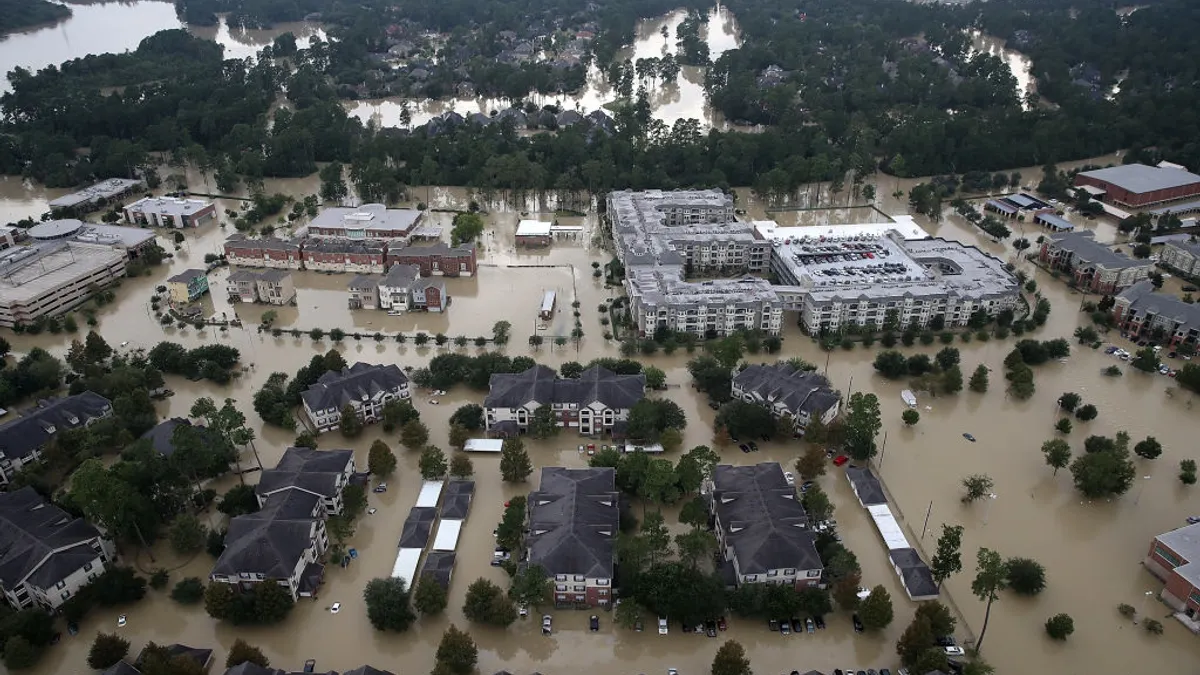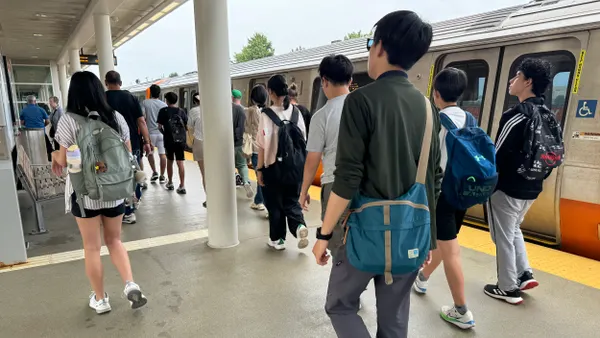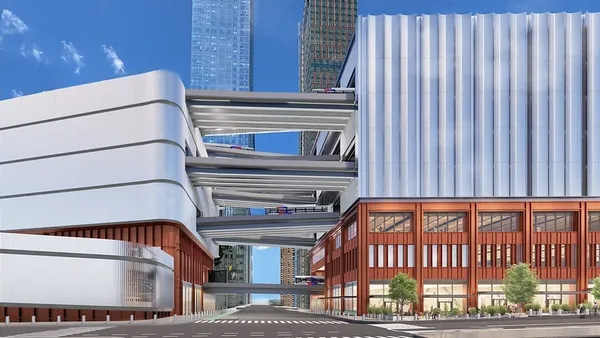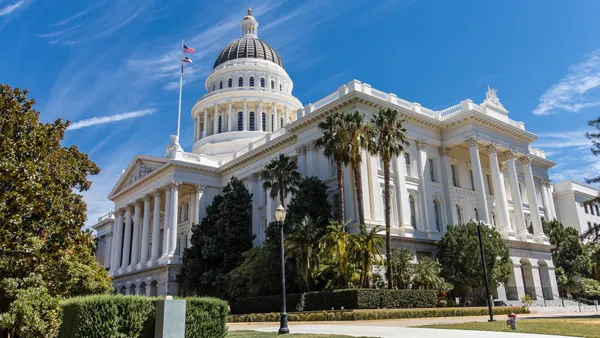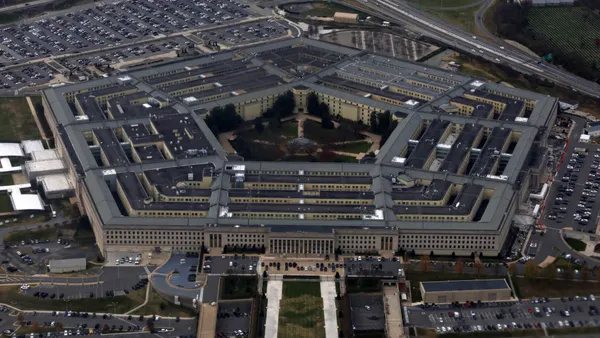Dive Brief:
- The U.S. Department of Justice has issued a subpoena to the Honolulu Authority for Rapid Transportation for records related to the $9 billion Honolulu high-speed rail project, Hawaii Free Press reported. HART must deliver an estimated 30,000 documents, according to Hawaii News Now, to a federal grand jury in Honolulu by March 7.
- The documents listed on the subpoena include all records provided to Hawaii for the agency’s 2018 audit; archeological studies; all documents related to HART’s Full Funding Grant Agreement with the Federal Transit Administration; all contracts and other documents related to rail construction; management consultant contracts and all project documents given to HART’s board of directors and to the Honolulu City Council.
- "HART pledges its full cooperation in complying with the subpoena,” the authority said in a news release, "and wants to assure our many stakeholders that our staff and contractors will continue to work toward completing the project and having it ready to open for limited passenger service next year."
Dive Insight:
The DOJ, according to Hawaii News Now, has not indicated what the exact focus of the investigation is, but Randy Roth, a retired law professor, told Hawaii News Now that this is the first investigation into the rail project that has targeted potential criminal activity and not just mismanagement.
A January state auditor’s report painted a bleak picture of the Honolulu rail project, which has almost doubled in costs since 2012 and is approximately six years behind schedule. In the first of four reports, auditor Leslie Kondo characterized the authority’s performance as “overpromising" and "under-delivering" and criticized the authority for alleged lack of cooperation with the audit, an assertion that HART denied.
Aside from deficiencies of management, lack of communication and other shortcomings, Kondo also determined that the authority issued a $483 million contract to Kiewit Pacific Co. too soon, the same conclusion that an auditor of the California High-Speed Rail’s $77 billion bullet train reached about that project.
The California auditor said that bad management decisions, like starting construction before all the necessary land was acquired and overspending on contracts, contributed to pushing the project $37 billion beyond its original $40 billion budget and more than 10 years behind schedule.
So notoriously underwater is the project that California Gov. Gavin Newsom announced last week during his first State of the State speech that construction would continue only on the Merced-Bakersfield leg of the line and that the remainder was on an indefinite hold. Perhaps the most pressing issue facing the bullet train and the authority is that if it is not complete with that Central Valley segment by 2022, an achievement that will require crews to double the pace of construction, it will have to pay almost $3.5 billion of American Recovery and Reinvestment Act of 2009 funds back to the federal government.
Meanwhile, the Trump administration notified the California High-Speed Rail Authority on Tuesday that it wants to cancel a $929 million grant agreement for construction of Central Valley segment. The Federal Railroad Administration said it would terminate the agreement March 5 because the CHSRA had failed to “materially failed to comply with the terms of the agreement” and has not made “reasonable progress.” If the FRA withholds the money, the state can choose to finish the project on its own or stop construction.





